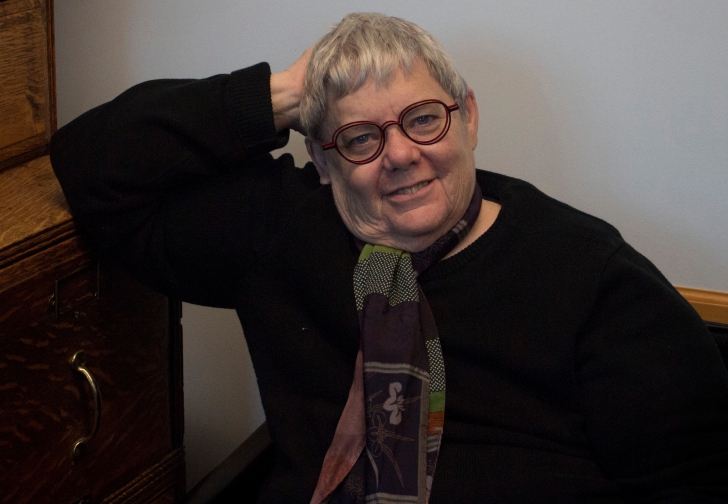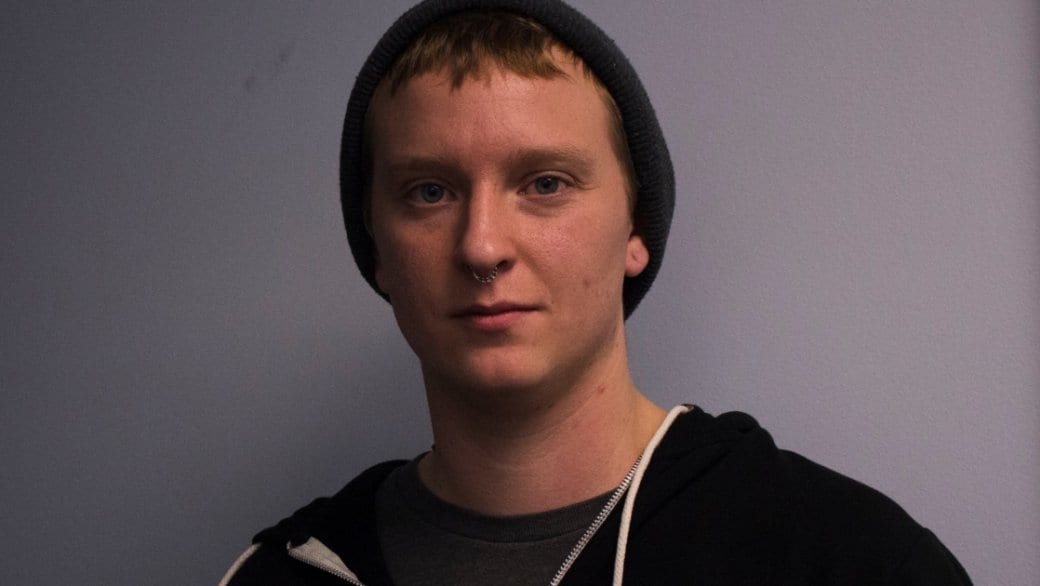Vancouver lawyer barbara findlay says Ontario has been quicker than BC to address the issue of gender markers on identity cards because Ontario has an openly lesbian premier.
Findlay, who has a long history of legal work and activism in Vancouver’s queer community, is representing a group of eight complainants who have filed human rights complaints against the BC government for its continued use of sex and gender markers on birth certificates.
The human rights challenge in BC has seen considerable delays from both sides since the first complaint was filed three years ago in November 2013. Tribunal documents show the first delay was due to illness; others arose from government delays, still more from arguments over whether to settle through mediation or go to hearing. The case isn’t scheduled to be heard until June 2017.
The lengthy legal process here seems to stand in sharp contrast to how the Ontario government has proactively approached the issue, first with a public consultation, and voluntary changes in policy.
“The reason that the community consultation was possible in Ontario was the very unusual situation of having a lesbian premier who was open to considering gender and gender identity issues,” findlay says. “So at some level, people there had an ally there in government. In my experience that’s almost never true.”
Stephen Puddister, spokesperson for the Ontario ministry of government and consumer services, says the province created policy and held consultations because it wanted to be a leader in creating an inclusive society.
Reached by phone, he says the result should recognize a wider variety of gender identities.
“The proposed policy, once finalized, will help trans and non-binary individuals live according to their gender identity,” he says.
Going forward, Ontario health cards will no longer display sex or gender at all.
Ontario drivers’ licenses will include a third, gender non-conforming option marked by an X.



 Why you can trust Xtra
Why you can trust Xtra


